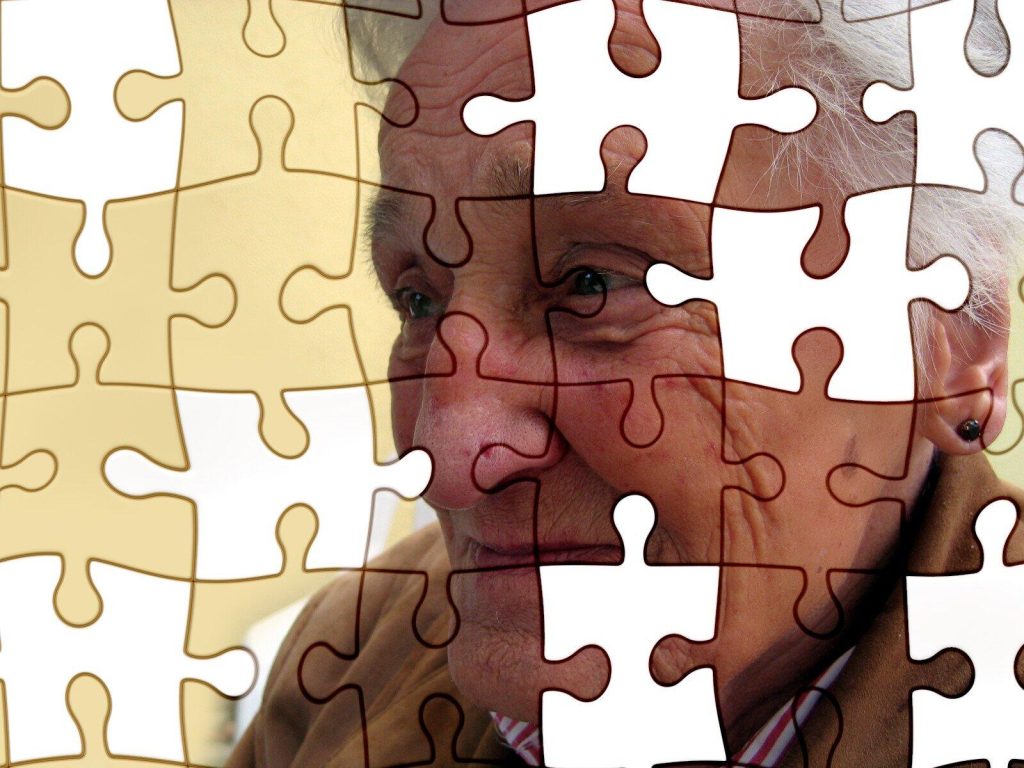When a loved one is living with Alzheimer’s or another form of dementia, families often worry about how to keep them safe, happy, and well cared for. That’s where structured memory care can make a big difference. These communities are specially designed to support people with memory loss.
They not only provide safety and medical care but also improve quality of life in many important ways. Here are four ways structured memory care helps people live better every day:
1. Safe and Calm Environments
People with memory loss can easily feel confused or overwhelmed in busy or unfamiliar places. Memory care communities are built to be calm, comfortable, and easy to navigate.
There are simple layouts, clear signs, and color-coded hallways to help residents find their way. Doors and exits are secure to prevent wandering, and daily routines are kept consistent to help reduce anxiety. Having a peaceful, predictable environment helps residents feel more at ease and less stressed, which is a big part of feeling good.
2. Personalized and Compassionate Care
Every person with memory loss is different. That’s why memory care teams focus on person-centered care. Staff take time to get to know each resident-their life story, habits, likes, and dislikes-so they can provide support that truly fits.
Trained caregivers use gentle techniques like redirection and positive communication to connect with residents in kind, respectful ways. This helps reduce frustration and creates more positive interactions each day.
Care plans are also personalized to meet each resident’s physical, emotional, and mental needs-helping them feel seen and valued. Getting the best care, especially for the Alzheimer’s care program, can greatly improve a life.
3. Fun and Meaningful Activities
Keeping the brain active is important at every stage of life. In memory care, residents enjoy activities designed just for them. These include music, arts and crafts, gentle exercise, puzzles, gardening, and even storytelling or looking at old photos.
These kinds of activities help people feel connected, express themselves, and stay mentally and physically active. They also give residents something to look forward to, which lifts their mood and helps reduce feelings of loneliness.
4. Support for Health and Daily Needs
Memory care communities also take care of residents’ daily health and wellness. This includes things like:
- Helping with bathing, dressing, and eating
- Managing medications
- Preparing healthy meals
- Checking on overall health regularly
Because caregivers are trained to spot small changes in behavior or health, they can quickly respond before problems get worse. This helps residents stay healthier and feel more comfortable day to day.
Get the Best Memory Care
Memory care is about more than just safety-it’s about helping people with memory loss live as well as possible. With caring staff, structured routines, fun activities, and support for health and comfort, memory care communities provide a better quality of life for both residents and their families. If you’re looking for the right place for a loved one, a structured memory care community might be the caring, supportive solution you need.
If you want to read more articles, visit our blog.







